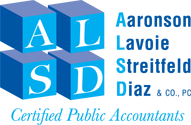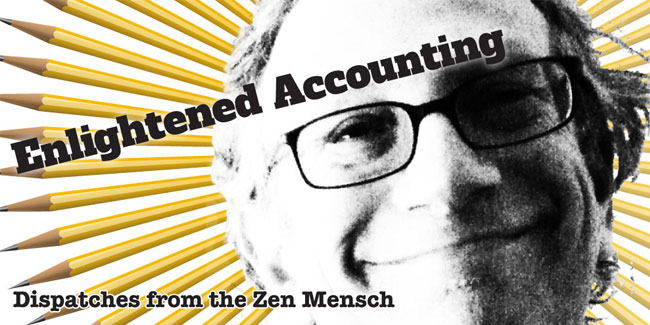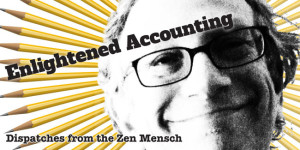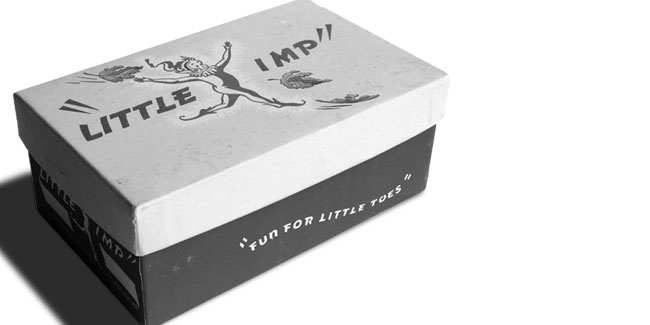Co-Ops, Collaboration And Crowdfunding:
Working Together In The New Economy
A few weeks ago I was detailing the perils of self-employment tax to college students. Combined with the other hard costs of living independently it was enough to dissuade anyone from starting a business or even doing serious freelance (“1099″) work.”I need something positive,” said a woman in the front row.I started to panic — who would invite me back if I came across as the Grim Reaper? I dug deep, silently reached out to all Buddhas past and present. “Collaboration,” I replied. A moribund economy has forced us to invent new ways of working together.
Cooperatives have been around a long time, and are enjoying a resurgence. Worker co-ops, consumer co-ops, producer co-ops, non-profit and for-profit models — economics is the driving force but so is social alienation and its counter –community.
(At ALSD, we “think outside the blocks” and can help you choose the right business structure for your cooperative.)
Maker-spaces are a more recent development. Simply put, they are “community centers with tools.” One of the largest is Artisan’s Asylum in Somerville, MA, with which I am affiliated. Members have access to a dizzying array of serious and expensive equipment — welding, woodworking, jewelry-making, a 3 -D printer and more. It is a dynamic, thriving community where the “inmates” assist and collaborate with each other to succeed as artisans in a hyper-capitalist society that does not always value their work. Is it any wonder they always have a waiting list despite constant expansion?
Crowdfunding is as non-traditional as you can get in America. I give you money to develop your caffeine-inhaler or Putin pajamas and there is no “return on my investment”* or even a charitable tax write-off**. Just the satisfaction of helping a friend –or stranger — launch their enterprise. Is it any surprise that Asylum members are off the charts in crowdfunding success? For my article about crowdfunding and taxes, click here.
“Like stirring potatoes together with a stick.” This is how my Korean Zen teacher described living in a residential Zen Center (which I did, for nearly eight years. My sister has lived on a kibbutz in Israel for four decades. Community must run in my blood.) In the large monasteries in Korea potatoes are washed by putting them in a large tub of water. The stirring forces them to rub against each other and get cleaned all together, rather than one by one. Most of us are swimming together in this new economic tub. Seeing each other as collaborators rather than competitors may be our best hope for success.
* This is America. There are new, equity based crowdfunding models authorized by Congress and regulated by the S.E.C. In this article I am talking about the original models made popular by Kickstarter, Indiegogo and other platforms.
**Unless the crowdfunder is a non-profit organization.
NOTE: Every situation is different and federal and state tax laws are subject to change. This article is presented exclusively for informational purposes and is not intended to substitute for obtaining tax or financial advice from a tax or other business professional. Names may have been changed for illustration purposes.





